Acholi Tours in gulu, northern uganda
Gulu is the perfect destination to explore the rich cultural heritage of the Acholi people, and Grime Safaris is your trusted partner in delivering these unforgettable experiences. Through Acholi cultural tours, Grime Safaris allows visitors to fully immerse themselves in the unique traditions of Gulu and the Acholi region (Northern Uganda).
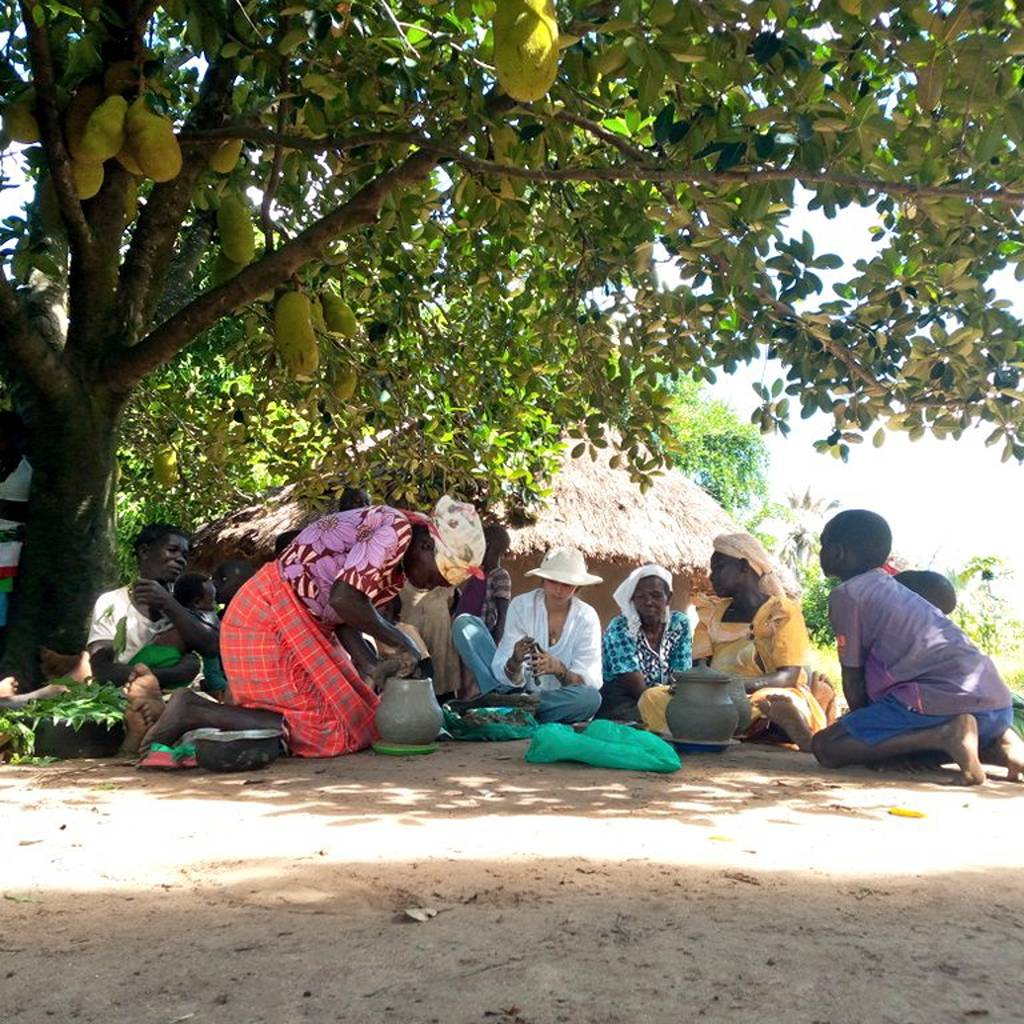
Pottery in Acholi
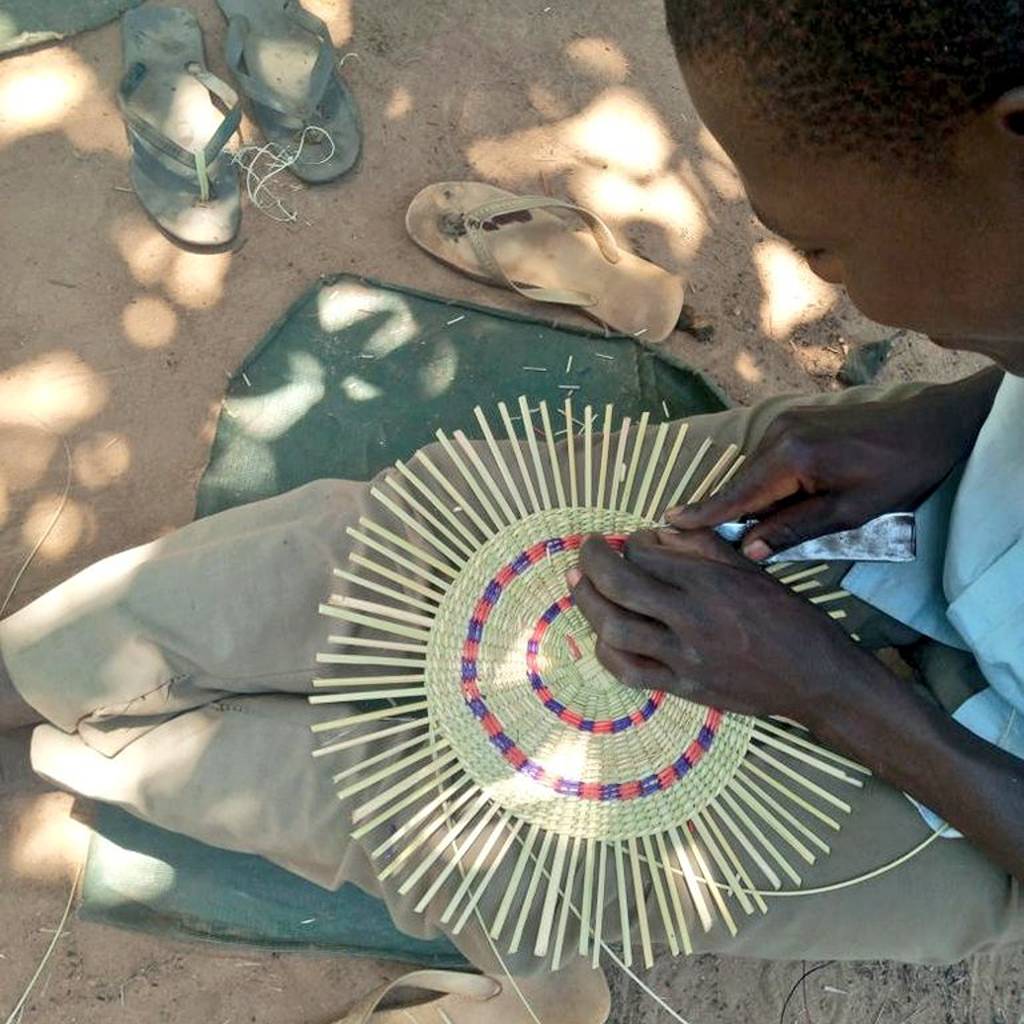
Basketry in Acholi
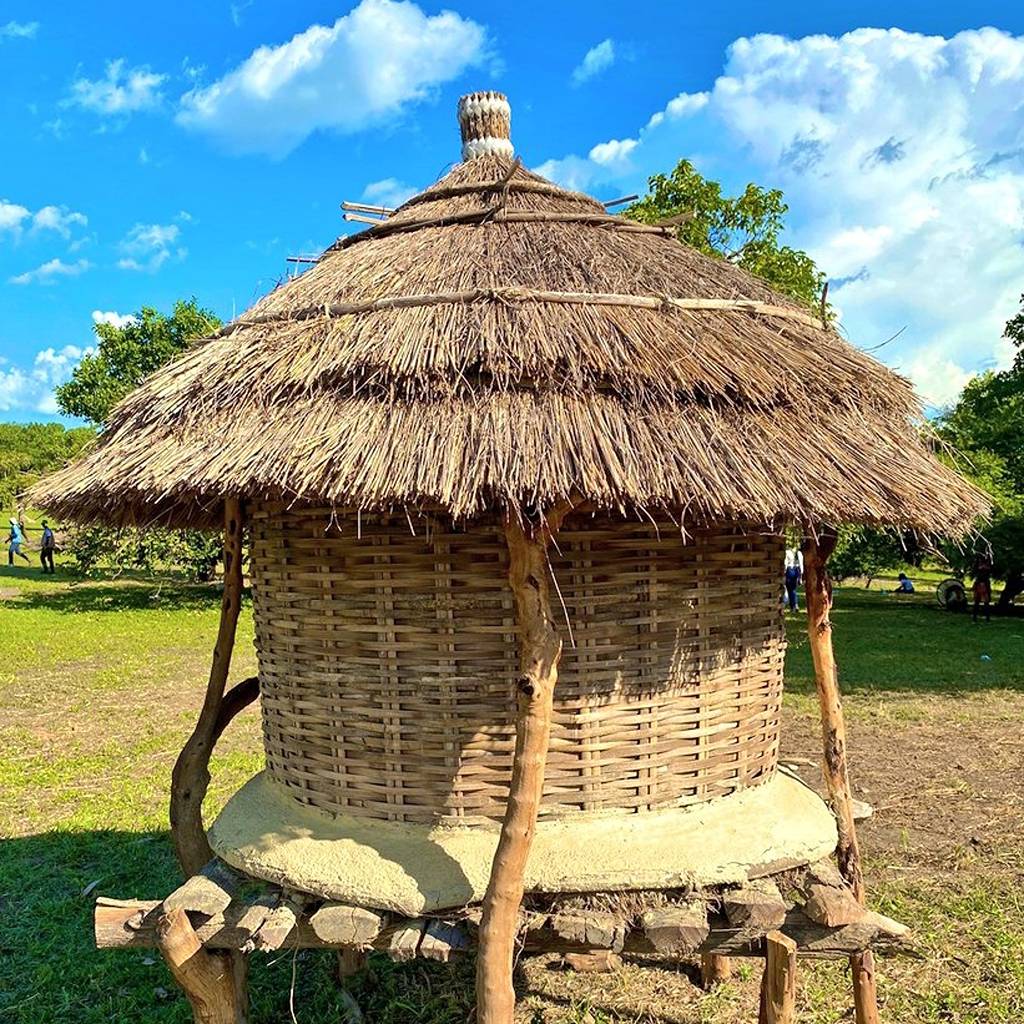
Granary in Acholi
Acholi Traditional Dances, Gulu with Grime Safaris
Acholi Dances are a must-see experience in Gulu, showcasing the rhythm, energy, and storytelling of Acholi culture. With Grime Safaris, you’ll witness mesmerizing performances that bring the history and values of the Acholi people to life, making your stay in Gulu truly memorable.
The Acholi people of Gulu are renowned for their exciitng and deeply symbolic dances, each carrying its own cultural and social significance. Through Grime Safaris, visitors to Gulu can experience these dances firsthand and learn the meanings behind them.
The Acholi people of Gulu are renowned for their exciitng and deeply symbolic dances, each carrying its own cultural and social significance. Through Grime Safaris, visitors to Gulu can experience these dances firsthand and learn the meanings behind them.
Bwola Dance
Bwola is one of the most prominent Acholi dances, often performed during cultural celebrations and community gatherings in Gulu. This royal dance symbolizes unity and respect, traditionally performed for chiefs or during important ceremonies. The synchronized movements and drumbeats in Bwola reflect harmony and the collective strength of the Acholi people in Gulu.
Larakaraka Dance
Larakaraka is a courtship dance performed by young men and women in Gulu. It is a lively and expressive dance, featuring energetic movements and rhythmic clapping. Larakaraka showcases love, admiration, and the vibrant spirit of youth, making it a favorite during weddings and social events in Gulu.
Otole Dance
Otole is a war dance performed to celebrate warriors and their victories. With its powerful and aggressive movements, this dance demonstrates strength, courage, and resilience, reflecting the historical significance of warriors in Acholi society. Visitors in Gulu can reach Grime Safaris to witness this dramatic dance, which is often accompanied by chanting and drumming.
Otole Dance
Otole is a war dance performed to celebrate warriors and their victories. With its powerful and aggressive movements, this dance demonstrates strength, courage, and resilience, reflecting the historical significance of warriors in Acholi society. Visitors in Gulu can reach Grime Safaris to witness this dramatic dance, which is often accompanied by chanting and drumming.
Dingi Dingi Dance
The Dingi Dingi dance is a playful and lighthearted dance performed by young girls in Gulu. It is characterized by graceful and rhythmic movements, symbolizing innocence, joy, and the transition into womanhood. This dance is often performed during cultural festivals in Gulu, adding a sense of cheer and celebration.
Discover other dances and understand their true meaning during Acholi Tours with Grime Safaris today like; Myel Jok, Myel Lyel, Aguma, Okoje, Lukeme, Lakubukubu, Myel Agulu e.t.c
Through these dances, visitors to Gulu can gain a deeper understanding of Acholi traditions and the meanings embedded in their cultural expressions. Grime Safaris ensures you don’t just watch but also connect with the stories and values that these dances represent.
Acholi Culinary Experience, Gulu with Grime Safaris
For food enthusiasts, the Acholi Culinary Experience in Gulu offers an opportunity to learn how to prepare and enjoy traditional Acholi dishes. Guided by Grime Safaris, you’ll explore the unique flavors and culinary techniques that make Gulu’s food culture so distinctive and flavorful.
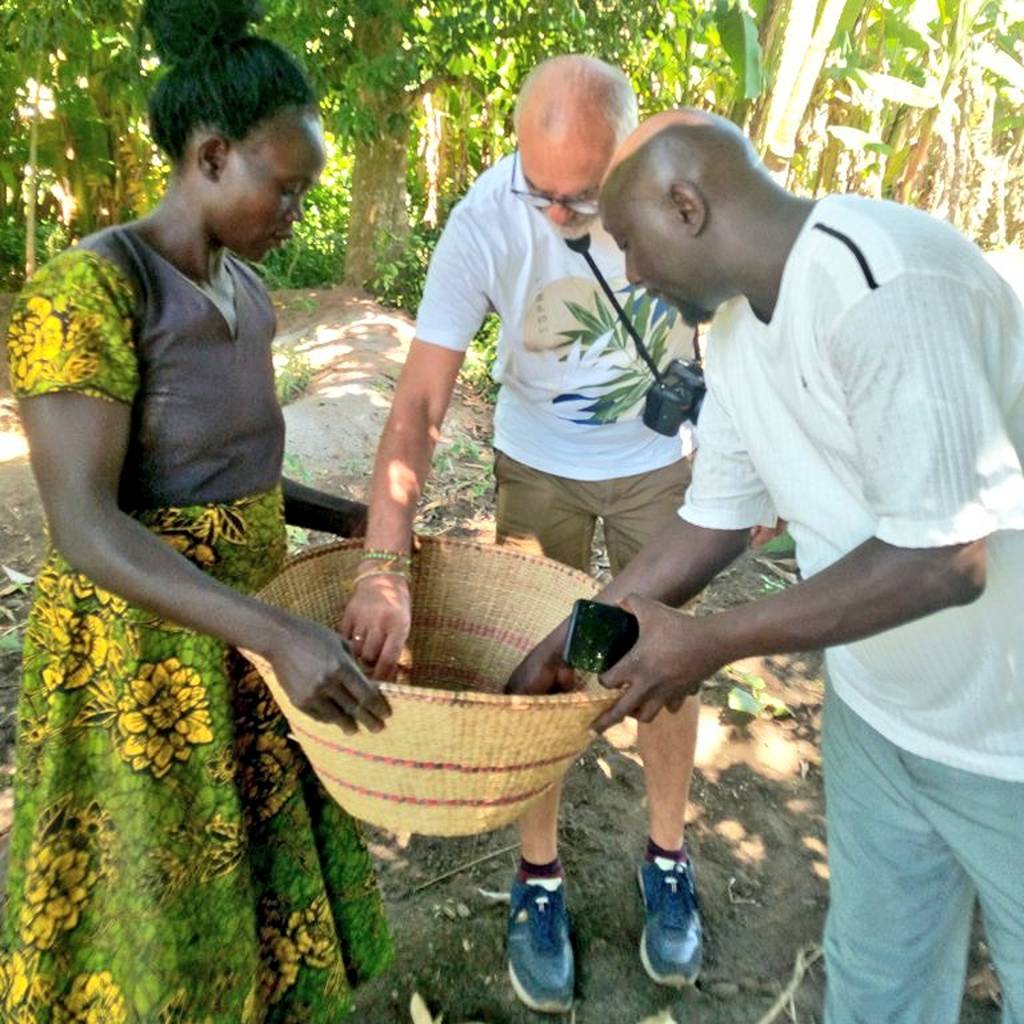
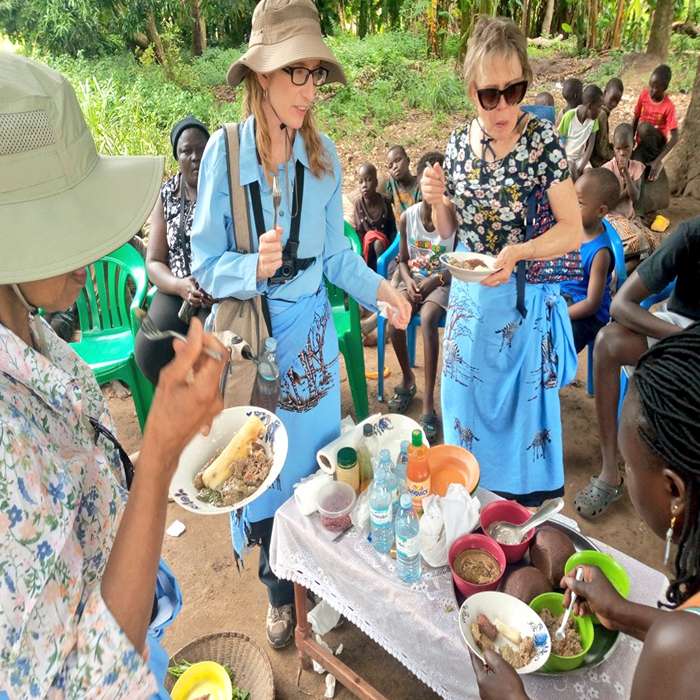
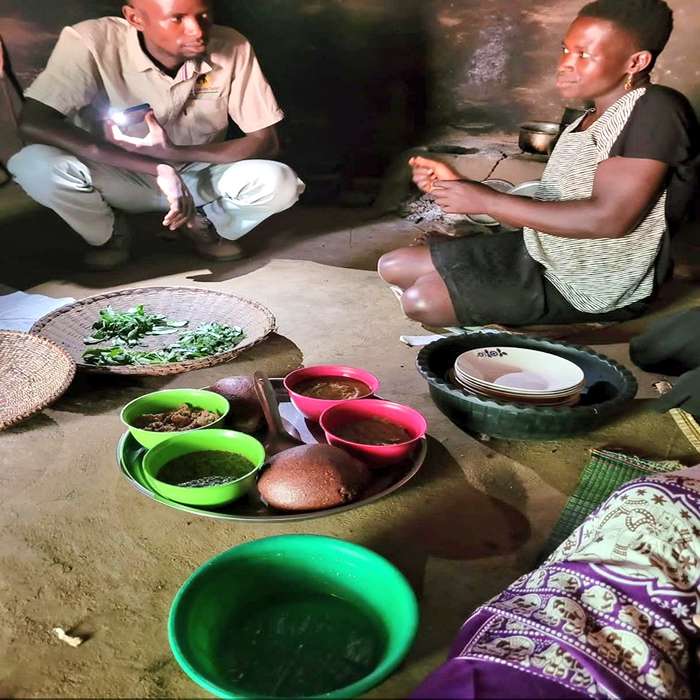
Acholi Foods and Culinary Experiences in Gulu City
When exploring Gulu City with Grime Safaris, indulging in traditional Acholi foods is an integral part of the experience. The Acholi culinary heritage is rooted in fresh, natural ingredients and time-honored preparation methods that showcase the rich flavors of northern Uganda. Grime Safaris ensures visitors not only savor these dishes but also learn how they are prepared.
Boo (Leafy Greens)
Boo is a traditional dish made from leafy greens, blacked eyed peas leaves, often mixed with groundnuts for added flavor and nutrition. In Gulu City, you can watch as the greens are carefully cleaned, boiled, and mixed with roasted groundnut paste to create a rich and creamy dish. Grime Safaris provides opportunities for visitors to prepare this staple under the guidance of experienced locals in Acholi Villages.
Malakwang (Sour Vegetable Sauce)
Malakwang is a popular Acholi dish known for its tangy flavor, made from a type of sour vegetable. It is typically cooked with groundnut paste or sim sim paste or a mix of both to balance the acidity. In Gulu City, visitors can learn the traditional steps of preparing Malakwang, including boiling the vegetables and skillfully mixing the sauce to achieve the perfect taste.
Kal (Millet Bread)
Kal, or millet bread, is a staple food in Acholi culture. It is made by mixing millet flour with hot water and stirring until it forms a smooth, dough-like consistency. Visitors in Gulu City can participate in making Kal, experiencing the unique techniques passed down through generations. It is often served alongside sauces like Malakwang or Boo.
Odi (Groundnut Paste)
Odi, or groundnut paste, is a versatile and essential component of Acholi cuisine. It is prepared by grinding roasted peanuts into a thick paste. During tours in Gulu City with Grime Safaris, visitors can observe the traditional methods of grinding groundnuts using local tools and even try it themselves.
Acholi Craftsmanship Experience, Gulu
Art and craft lovers will appreciate the Acholi Craftsmanship Experiences available in Gulu. These include pottery, basketry, blacksmithing, and wood carving, all deeply rooted in Acholi traditions. Grime Safaris connects you with local artisans in Gulu, allowing you to not only observe their craft but also participate in creating your own unique pieces.
Acholi Craftsmanship Experiences in Gulu City
Exploring Gulu City with Grime Safaris offers an enriching dive into the traditional craftsmanship of the Acholi people. Gulu serves as the vibrant hub where visitors can engage with skilled artisans and participate in hands-on workshops that showcase the diverse range of Acholi crafts. These experiences not only highlight the artistic talents present in Gulu but also provide a meaningful connection to the region’s cultural heritage.
Pottery Making
In Gulu, pottery making is a cherished tradition passed down through generations. With Grime Safaris, visitors can visit local pottery studios in Gulu City to observe the intricate process of shaping clay into functional and decorative pieces. Under the guidance of expert Acholi potters, you’ll learn techniques such as hand-building and wheel-throwing, allowing you to create your own pottery. This immersive experience in Gulu emphasizes the importance of pottery in Acholi daily life and ceremonies.
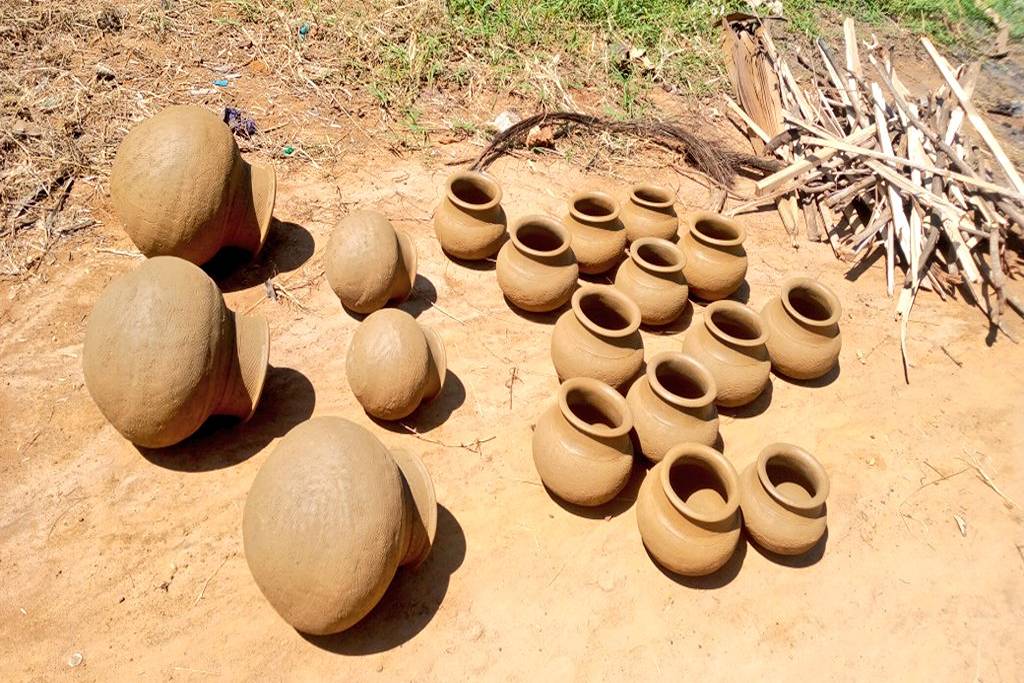
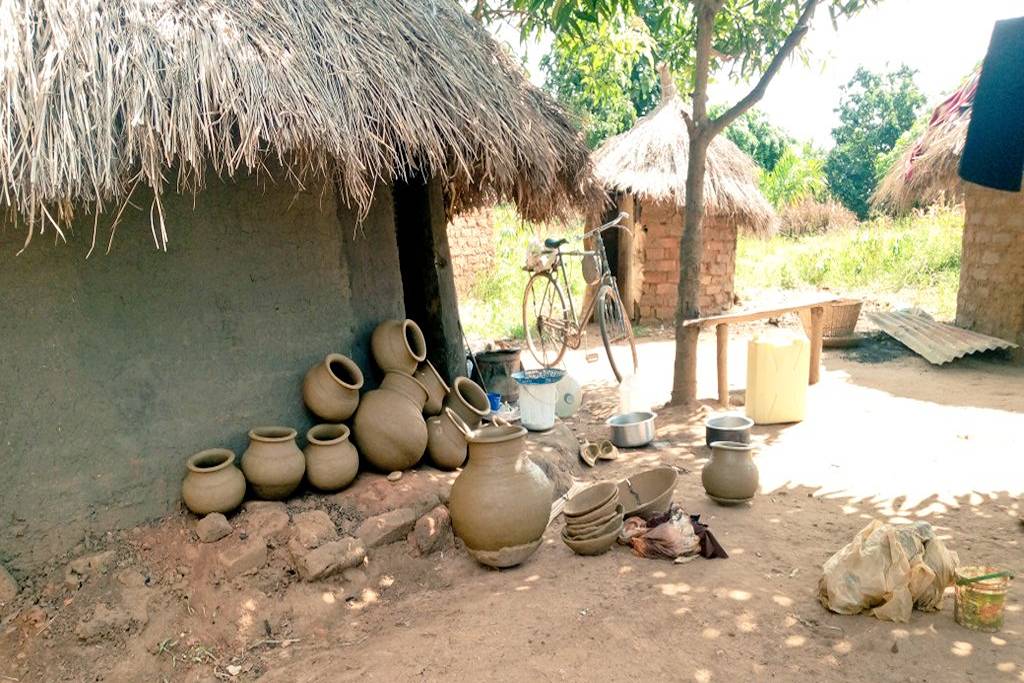
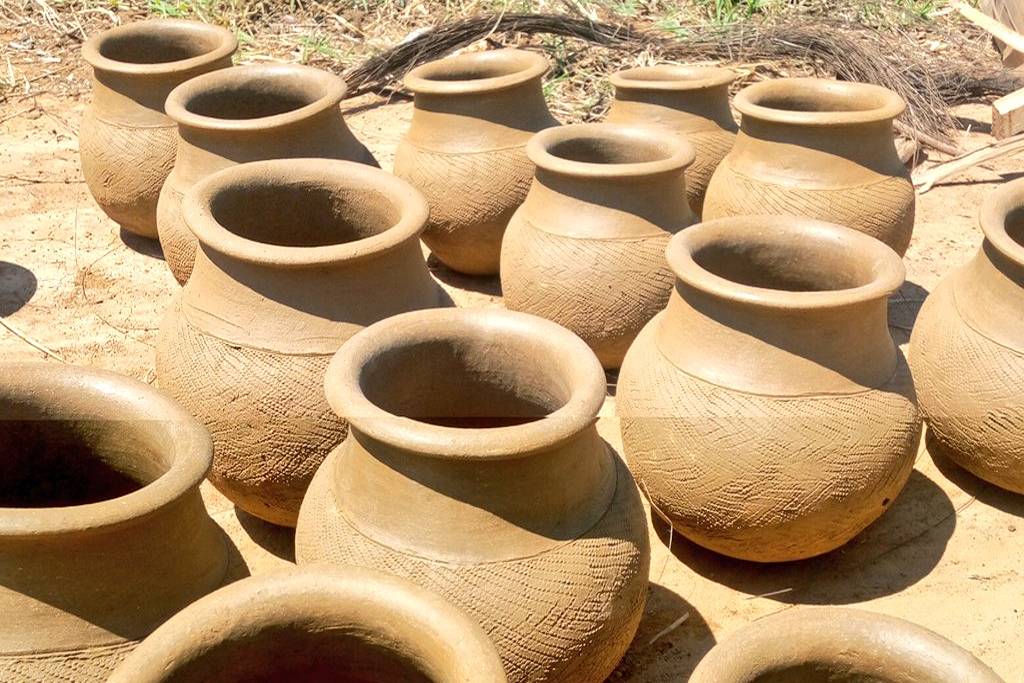
Basketry
Gulu City is renowned for its exquisite basketry, a craft that combines functionality with artistic expression. Grime Safaris arranges visits to Gulu’s basket weaving centers, where you can witness the meticulous process of weaving using natural fibers like reeds and grasses. Participate in hands-on sessions to craft your own baskets, guided by talented Acholi artisans. This experience in Gulu not only showcases the intricate designs and patterns unique to Acholi basketry but also highlights the sustainable practices employed by local craftspeople.
Blacksmithing
The art of blacksmithing holds significant cultural value in Gulu, where traditional methods are still practiced today. Through Grime Safaris, visitors can explore Gulu’s blacksmith workshops to see skilled craftsmen forge tools, decorative items, and traditional weapons. Gain insights into the techniques and materials used in Acholi blacksmithing, and even try your hand at shaping metal under the supervision of experienced blacksmiths in Gulu City. This experience underscores the craftsmanship and resilience embedded in Acholi culture.
Wood Carving
Wood carving is another prominent Acholi craft that thrives in Gulu City. Grime Safaris facilitates visits to wood carving studios where artisans transform raw wood into intricate sculptures, masks, and functional items. Learn about the symbolic meanings behind various carvings and the stories they tell about Acholi traditions and beliefs. Participate in carving workshops in Gulu, where you can create your own wooden art piece, guided by the expertise of local carvers. This hands-on experience in Gulu deepens your appreciation for the artistic heritage of the Acholi people.
Unique Acholi Traditions passed through generations
The Acholi people of Gulu are deeply rooted in their traditions, which have been preserved and practiced for generations. These unique customs reflect the values, beliefs, and communal spirit of the Acholi, offering a fascinating insight into their way of life. Visitors to Gulu, especially with Grime Safaris, can witness and engage with these traditions, ensuring a deeper connection to Acholi culture.
Wang Oo (The Fireplace Tradition)
The Wang Oo tradition is central to Acholi life, symbolizing family unity and community bonding. In Gulu, families and elders gather around the fireplace in the evening to share stories, impart wisdom, and discuss important matters. This practice serves as a means of passing oral history and fostering intergenerational connections. Visitors to Gulu can join in a Wang Oo session, experiencing the warmth of Acholi hospitality and storytelling.
Traditional Naming Ceremonies
Naming ceremonies are an important tradition among the Acholi, where newborns are given names that reflect their family's values, history, or the circumstances of their birth. In Gulu, these ceremonies are often accompanied by rituals, blessings, and celebratory dances, emphasizing the community's role in welcoming the child. Through Grime Safaris, visitors can learn about the symbolic meanings behind Acholi names and the significance of these ceremonies in Gulu’s culture.
Mato Oput (Reconciliation Ritual)
Mato Oput is a revered Acholi tradition focused on conflict resolution and restoring harmony within the community. This ritual involves drinking a bitter herb mixture (Oput) to symbolize forgiveness and the end of hostilities. Practiced in Gulu and other parts of Acholi land, Mato Oput reflects the Acholi people’s commitment to peace and reconciliation. Grime Safaris provides insights into this powerful tradition and its role in healing communities in Gulu.
Dwaa (Hunting and Trapping)
Hunting and trapping have long been an integral part of Acholi life, providing food and materials for daily use. In Gulu, this tradition is kept alive through stories and demonstrations of traditional hunting tools and techniques. Visitors can explore how these practices shaped the Acholi way of life.
Tum/Ceremonial Animal Sacrifices
In some Acholi rituals, animal sacrifices are performed as offerings to ancestors or spirits. These ceremonies, often conducted in Gulu, are deeply spiritual and symbolize gratitude, reconciliation, or requests for blessings.
Through Grime Safaris, visitors to Gulu can immerse themselves in these unique traditions and witness how they have been preserved and adapted over time. Each experience offers a window into the values and resilience of the Acholi people, making a visit to Gulu truly unforgettable.
These traditions are a testament to the resilience and richness of Acholi culture. Through Grime Safaris, visitors to Gulu can experience these practices firsthand, gaining a deeper appreciation for the customs that have shaped Acholi identity for generations.
Through Grime Safaris, your journey in Gulu will leave you with a deeper appreciation of the Acholi way of life, their creativity, and their enduring cultural legacy. Whether it’s through dance, food, or craftsmanship, Gulu promises an enriching experience for every visitor.
